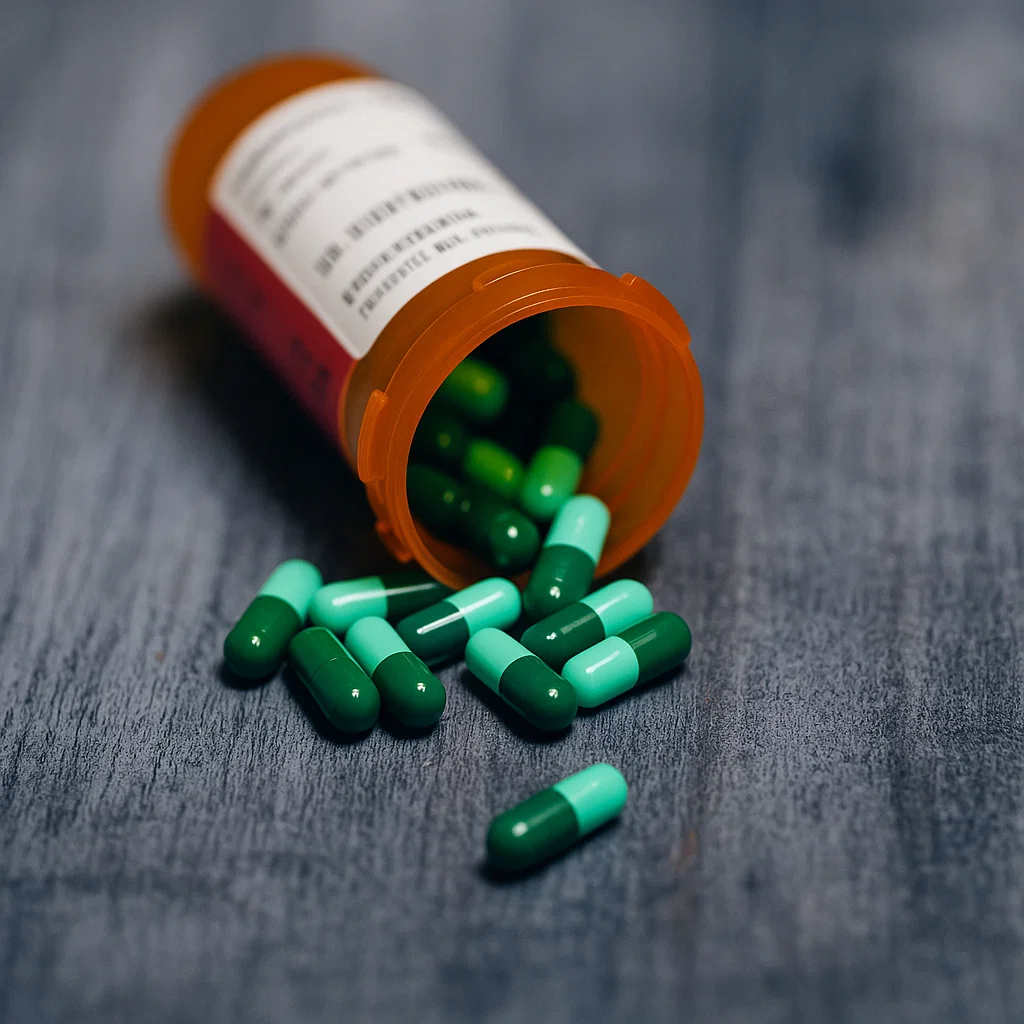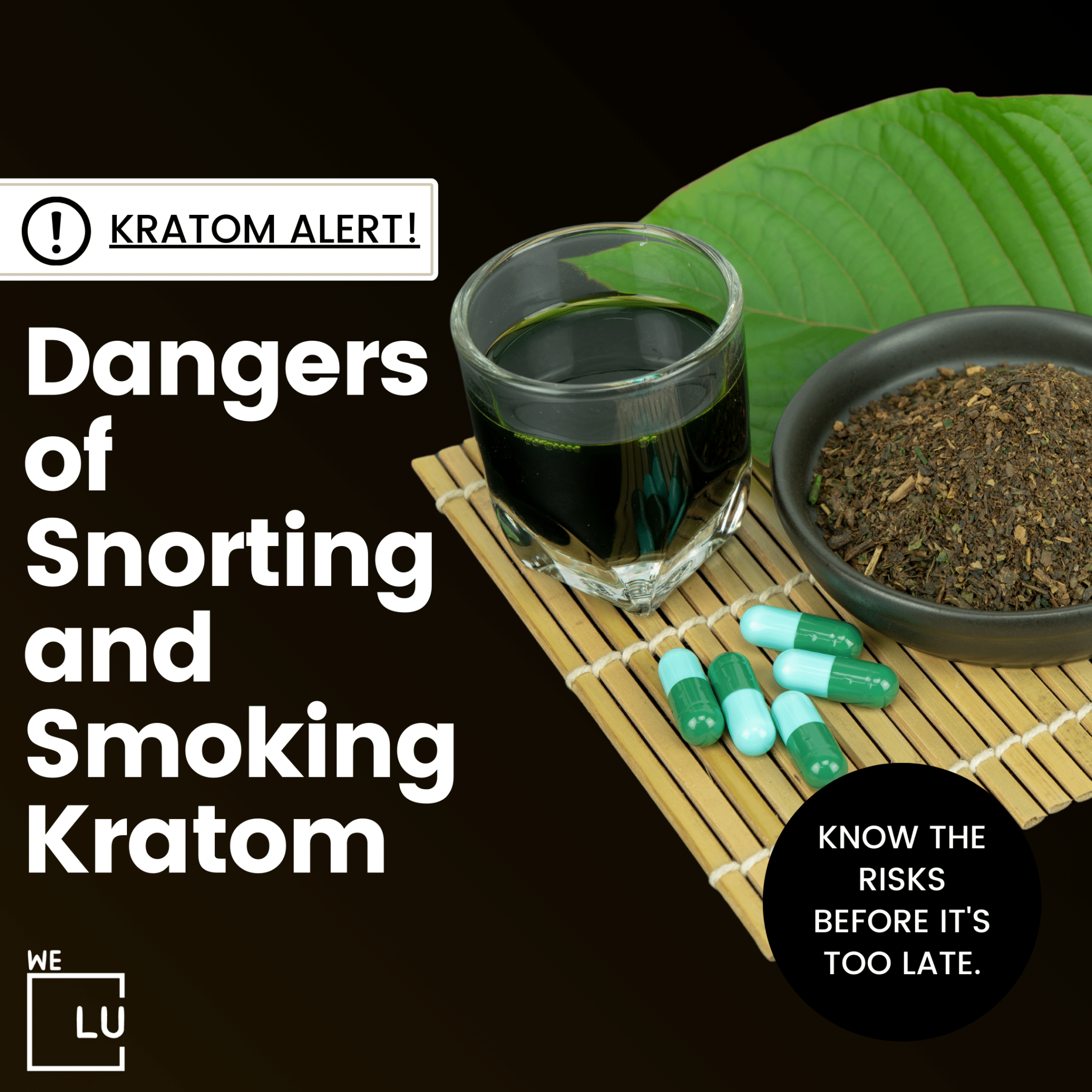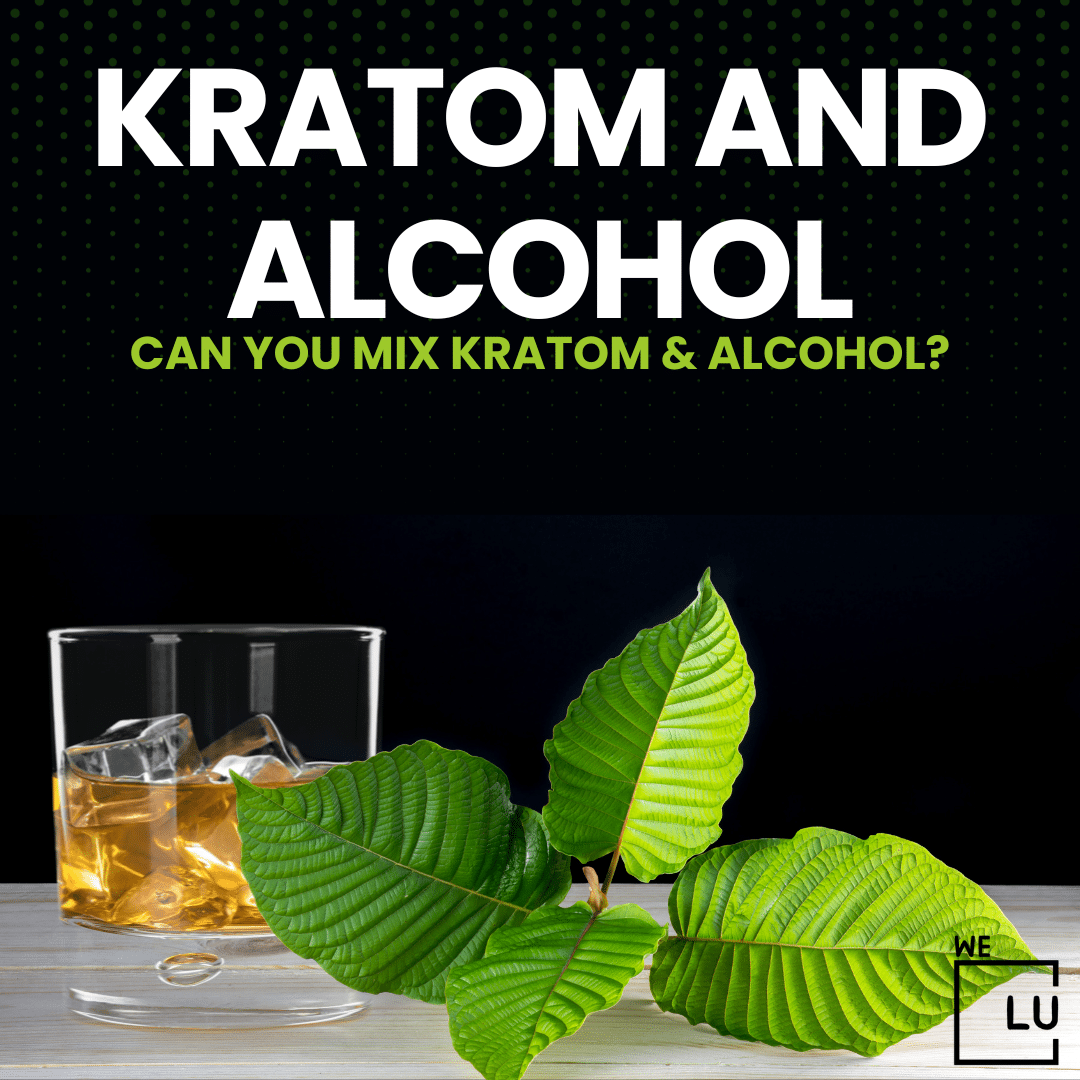Alcohol misuse is a concerning health issue with far-reaching consequences, impacting physical health, mental well-being, and interpersonal relationships. When compounded with the dangers of mixing alcohol and medications, such as doxycycline, the risks become even more pronounced.
Doxycycline, an antibiotic crucial for treating bacterial infections, can experience diminished effectiveness in the presence of alcohol, potentially compromising the efficacy of the prescribed treatment. The combination may escalate side effects, including gastrointestinal distress and heightened dizziness. Furthermore, both substances exert stress on the liver, promoting the risk of liver-related complications. One should avoid mixing doxycycline and alcohol to get the full effects of the antibiotic treatment.
If you or someone you know is grappling with alcohol misuse or addiction, seeking professional help is paramount. We Level Up CA is dedicated to providing comprehensive support and guidance for individuals wanting to break free from the cycle of alcohol addiction. Our team is ready to assist you on the path to recovery. Take the first step towards a healthier, alcohol-free life by calling We Level Up CA today. Your journey to lasting recovery starts here.
What Is Doxycycline?
Doxycycline is a versatile antibiotic classified under the tetracycline group, renowned for its broad-spectrum effectiveness against various bacterial infections. This medication obstructs bacterial protein synthesis, specifically by binding to the 30S ribosomal subunit, impeding the elongation of the peptide chain during protein production. Its expansive coverage encompasses Gram-positive and Gram-negative bacteria and atypical pathogens like Chlamydia, Mycoplasma, and Rickettsia.
Commonly administered orally, doxycycline treats various infections, including respiratory and urinary tract infections, skin disorders, eye infections, and certain sexually transmitted diseases. Additionally, it is pivotal in malaria prevention in specific geographical regions. The dosing regimen varies depending on the nature and severity of the infection, but adherence to the full course is imperative to ensure the complete eradication of the targeted bacteria.
While doxycycline is generally well-tolerated, it may cause side effects such as gastrointestinal upset or sun sensitivity. As with any antibiotic, its use should be guided by a healthcare professional, considering factors such as the patient’s medical history and potential interactions with other medications. Overall, doxycycline is a reliable therapeutic agent for treating bacterial infections.
What Is Alcohol?
Alcohol, in the context of beverages, refers to ethyl alcohol or ethanol, a psychoactive substance widely consumed for recreational and cultural reasons. It is produced through the fermentation of sugars by yeast, converting sugars into alcohol and carbon dioxide. Familiar sources include grains, fruits, and vegetables.
Alcohol is known for its central nervous system depressant effects, inducing relaxation and altering cognitive functions. The consumption of alcohol is deeply ingrained in social and ceremonial practices across diverse cultures, with various types of alcoholic beverages such as beer, wine, and spirits.
While moderate alcohol consumption has been associated with certain health benefits, excessive and chronic use can lead to serious health issues, including liver disease, cardiovascular problems, and addiction. Responsible and informed consumption is essential to mitigate potential risks associated with alcohol use.
Can You Mix Doxycycline And Alcohol?
It is generally advisable to avoid consuming alcohol while taking doxycycline. While the combination of doxycycline and alcohol is not known to cause severe interactions, alcohol can potentially reduce the effectiveness of the medication. Additionally, both doxycycline and alcohol can independently cause gastrointestinal upset, and combining them may increase the risk of side effects such as nausea, vomiting, and stomach pain.
Moreover, alcohol consumption can impair the body’s immune system and its ability to fight off infections, which may counteract the therapeutic effects of doxycycline. In some cases, alcohol and certain antibiotics can interact in ways that may lead to increased side effects or interfere with the body’s ability to metabolize the medication.
How Long After Taking Doxycycline Can I Drink Alcohol?
While the exact duration can vary based on factors such as dosage, individual metabolism, and the specific formulation of the medication, a general guideline is to avoid consuming alcohol during the entire course of doxycycline treatment and for a period afterward.
As a standard practice, it is advisable to refrain from drinking alcohol while you are taking antibiotics, including doxycycline. This recommendation is typically extended for at least 24 to 48 hours after completing the antibiotic course. This precaution helps ensure that the antibiotic has been fully metabolized and has completed its therapeutic action.
Effects Of Drinking Alcohol With Doxycycline
Combining alcohol with doxycycline can potentially lead to various adverse effects, though severe interactions are not commonly reported. Here are some considerations regarding the impact of drinking alcohol with doxycycline:
- Reduced Effectiveness: Alcohol consumption may reduce the effectiveness of doxycycline in treating bacterial infections. This is because alcohol can interfere with the absorption and metabolism of the antibiotic.
- Gastrointestinal Upset: Both doxycycline and alcohol can individually cause gastrointestinal upset, including nausea, vomiting, and stomach pain. Combining them may increase the likelihood and severity of these side effects.
- Dizziness and Drowsiness: Both doxycycline and alcohol can have central nervous system depressant effects. Combining them may increase dizziness, drowsiness, and impair coordination.
- Liver Stress: Both alcohol and doxycycline can exert stress on the liver. Combining them may potentially increase the risk of liver-related side effects.
- Photosensitivity: Doxycycline can make the skin more sensitive to sunlight, and alcohol can exacerbate this effect. Combining the two may increase the risk of sunburn or skin irritation.
What to Avoid While Drinking Doxycycline?
While taking doxycycline, it’s advisable to avoid certain substances and activities to ensure the effectiveness of the medication and minimize the risk of potential side effects. Here are some things to avoid while drinking doxycycline:
- Alcohol: As discussed earlier, it’s generally recommended to avoid alcohol while taking doxycycline. Alcohol can potentially reduce the effectiveness of the antibiotic and may increase the risk of side effects.
- Dairy Products and Calcium Supplements: Calcium-rich foods, such as dairy products and calcium supplements, can interfere with the absorption of doxycycline. It’s recommended to take doxycycline either 1-2 hours before or 2-4 hours after consuming dairy products or taking calcium supplements.
- Antacids, Iron, and Zinc Supplements: Certain antacids and supplements containing iron or zinc can also interfere with the absorption of doxycycline. It’s advisable to take these substances at least 2 hours before or after taking doxycycline.
- Magnesium-containing Supplements: Magnesium supplements and certain laxatives containing magnesium can impair the absorption of doxycycline. Taking these supplements at least 2 hours before or after taking doxycycline is recommended.
- Excessive Sun Exposure: Doxycycline can increase sensitivity to sunlight, leading to an increased risk of sunburn. Using sunscreen, wearing protective clothing, and avoiding prolonged sun exposure while taking the medication is advisable.
- Driving and Operating Machinery: Doxycycline can cause dizziness and drowsiness in some individuals. If you experience these side effects, it’s recommended to avoid activities that require mental alertness, such as driving or operating machinery, until you know how the medication affects you.
Always follow your healthcare provider’s instructions regarding the use of doxycycline and inform them about any other medications, supplements, or medical conditions you may have to ensure safe and effective treatment.

Skip To:
Learn More:
- Mixing Antibiotics and Alcohol Effects, Risks, Interactions
- Can You Mix Tramadol And Alcohol? Side Effects And Dangers.
- Cyclobenzaprine And Alcohol. Cyclobenzaprine Interactions
- Amoxicillin and Alcohol Interactions. Can You Drink Alcohol While Taking Amoxicillin?
- How To Get Alcohol Out Of Your System?
- Drug and Alcohol Evaluation. Drug and Alcohol Evaluation Near Me. What Should You Expect?

Get Your Life Back
Find Hope & Recovery. Get Safe Comfortable Detox, Addiction Rehab & Dual Diagnosis High-Quality Care.
Hotline (855) 695-1160
Effects Of Mixing Alcohol And Antibiotics
Mixing alcohol and antibiotics can have various effects, and the interactions can vary depending on the specific antibiotic and individual factors. While not all antibiotics interact negatively with alcohol, it’s generally advisable to exercise caution and avoid alcohol during antibiotic treatment. Here are some potential effects of mixing alcohol and antibiotics:
- Reduced Effectiveness: Alcohol consumption may reduce the effectiveness of certain antibiotics, limiting their ability to combat bacterial infections.
- Increased Side Effects: Both alcohol and antibiotics can independently cause side effects such as dizziness, drowsiness, and gastrointestinal upset. Combining them may intensify these side effects.
- Liver Strain: Both alcohol and some antibiotics are metabolized by the liver. Combining them may place additional stress on the liver, potentially increasing the risk of liver-related side effects.
- Central Nervous System Depression: Some antibiotics and alcohol can have central nervous system depressant effects. Combining them may increase drowsiness, impaired coordination, and a higher risk of accidents.
- Disulfiram-like Reaction: Certain antibiotics, such as metronidazole and some cephalosporins, can lead to a disulfiram-like reaction when combined with alcohol. Symptoms may include nausea, vomiting, headache, and flushing.
- Increased Heart Rate: Combining alcohol and certain antibiotics may lead to an increased heart rate, potentially causing discomfort.
Read medication labels and consult with healthcare professionals to understand the specific interactions associated with the prescribed antibiotic. When in doubt, it’s generally recommended to abstain from alcohol during antibiotic treatment and for a period afterward to ensure optimal therapeutic effects and minimize potential risks. Always seek advice from a healthcare provider before consuming alcohol while taking antibiotics.
Get Help. Get Better. Get Your Life Back.
Searching for an Accredited Drug and Alcohol Rehab Centers in Near You?
Even if you have failed previously and relapsed, or are in the middle of a difficult crisis, we stand ready to support you. Our trusted behavioral health specialists will not give up on you. When you feel ready or just want someone to speak to about therapy alternatives to change your life call us. Even if we cannot assist you, we will lead you to wherever you can get support. There is no obligation. Call our hotline today.
FREE Addiction Hotline – Call 24/7Dangers Of Mixing Drugs And Alcohol
Mixing drugs and alcohol can pose serious risks to one’s health and safety. The dangers of combining drugs and alcohol include:
- Increased Central Nervous System Depression: Both drugs and alcohol can depress the central nervous system, leading to drowsiness, impaired coordination, and slowed reaction times. Combining them can intensify these effects, increasing the risk of accidents and injuries.
- Impaired Judgment and Decision-Making: Alcohol and certain drugs can impair cognitive function and judgment. Combining them may lead to poor decision-making, increased risk-taking behavior, and impaired situational awareness.
- Enhanced Side Effects: Mixing drugs and alcohol can amplify the side effects of both substances. This may include nausea, dizziness, headaches, and gastrointestinal disturbances.
- Liver Damage: Many drugs and alcohol are metabolized by the liver. Combining them can put additional stress on the liver, potentially leading to liver damage or impairment.
- Increased Risk of Overdose: Combining drugs and alcohol raises the risk of overdose, as both substances can have additive or synergistic effects on the body. This is particularly true for substances that affect the central nervous or respiratory systems.
- Worsening Mental Health Effects: Alcohol and certain drugs can impact mental health. Combining them may exacerbate symptoms of anxiety, depression, or other mental health conditions.
- Interactions and Unpredictable Effects: The interaction between drugs and alcohol can be unpredictable, and the effects may vary based on the specific combination of substances. Some interactions can be life-threatening.
- Addiction and Dependency: Mixing drugs and alcohol can contribute to the development of addiction or substance abuse disorders, as the combined use may create a reinforcing cycle.
The dangers associated with mixing drugs and alcohol depend on the specific substances involved. Combining certain medications with alcohol can have particularly harmful consequences. Always consult with a healthcare professional or pharmacist regarding potential interactions before using drugs or alcohol in combination. If you or someone you know is struggling with substance abuse, seeking professional help is crucial for a safe and healthy recovery.

Comfortable Facilities & Amenities
High-Quality Addiction & Mental Health Rehabilitation Treatment
Rehab Centers TourRenowned California Addiction Center. Serene Private Facilities. Inpatient rehab programs vary.
Addiction Helpline (855) 695-1160Proven recovery success experience, backed by a Team w/ History of:
15+
Years of Unified Experience
100s
5-Star Reviews Across Our Centers
10K
Recovery Success Stories Across Our Network
- Low Patient to Therapist Ratio
- Onsite Medical Detox Center
- Comprehensive Dual-Diagnosis Treatment
- Complimentary Family & Alumni Programs
- Coaching, Recovery & Personal Development Events

Alcohol Misuse
Alcohol misuse refers to the consumption of alcohol in a manner that exceeds recommended guidelines or has negative consequences on an individual’s health, relationships, or daily functioning. This behavior can range from risky drinking patterns to more severe forms of alcohol use disorders. Here are some key aspects of alcohol misuse:
- Binge Drinking: Binge drinking is a common form of alcohol misuse and involves consuming large amounts of alcohol in a short period, leading to a rapid increase in blood alcohol concentration. This pattern of drinking is associated with a higher risk of accidents, injuries, and alcohol poisoning.
- Heavy Drinking: Heavy drinking is characterized by regularly consuming large amounts of alcohol, often exceeding the recommended limits. It can contribute to various health issues, including liver disease, cardiovascular problems, and mental health disorders.
- Alcohol Use Disorder (AUD): AUD is a medical condition characterized by an inability to control or stop drinking despite negative consequences. It encompasses a range of severity, from mild to severe, and may involve physical and psychological dependence on alcohol.
- Impact on Health: Alcohol misuse can have detrimental effects on physical and mental health. Chronic alcohol consumption is associated with liver disease, cardiovascular problems, weakened immune function, neurological impairment, and an increased risk of certain cancers.
- Social and Interpersonal Consequences: Alcohol misuse often leads to strained relationships with family and friends. It can contribute to social isolation, impaired work or academic performance, and legal issues such as DUI (driving under the influence).
- Risk of Addiction: Continued alcohol misuse increases the risk of developing an addiction or dependence on alcohol. Dependence can result in withdrawal symptoms when not drinking, further reinforcing the cycle of alcohol use.
- Mental Health Impact: Alcohol misuse is linked to mental health disorders, including depression and anxiety. It can exacerbate existing mental health conditions or contribute to the development of new ones.
- Treatment Options: Treatment for alcohol misuse varies based on the severity of the issue. It may include counseling, behavioral therapies, medications, and support groups. Seeking professional help is crucial for addressing alcohol-related concerns.
If you or someone you know is struggling with alcohol misuse, reach out to healthcare professionals, counselors, or support groups. Effective interventions and treatments are available to support individuals in making positive changes and improving their overall well-being.
World-class, Accredited, 5-Star Reviewed, Effective Addiction & Mental Health Programs. Complete Behavioral Health Inpatient Rehab, Detox plus Co-occuring Disorders Therapy.
CALL (855) 695-1160End the Addiction Pain. End the Emotional Rollercoaster. Get Your Life Back. Start Drug, Alcohol & Dual Diagnosis Mental Health Treatment Now. Get Free No-obligation Guidance by Substance Abuse Specialists Who Understand Addiction & Mental Health Recovery & Know How to Help.
Can You Drink Alcohol With Antibiotics Amoxicillin? FREE consultation 24/7 at (561) 678-0917
Experience Transformative Recovery at the We Level Up California Treatment Center.
See our authentic success stories. Get inspired. Get the help you deserve.



Start a New Life
Begin with a free call to an addiction & behavioral health treatment advisor. Learn more about our dual-diagnosis programs. The We Level Up treatment center network delivers recovery programs that vary by each treatment facility. Call to learn more.
- Personalized Care
- Caring Accountable Staff
- World-class Amenities
- Licensed & Accredited
- Renowned w/ 100s 5-Star Reviews
We’ll Call You
Search We Level Up CA Doxycycline And Alcohol, Drug & Alcohol Rehab / Detox & Mental Health Topics & Resources
Sources
- National Institute on Alcohol Abuse and Alcoholism. (2014). Harmful interactions: Mixing alcohol with medicines.
- Doxycycline. (n.d.). https://pubchem.ncbi.nlm.nih.gov/compound/doxycycline
- Doxycycline. (2020). https://medlineplus.gov/druginfo/meds/a682063.html
- Drinking levels defined. (n.d.). https://www.niaaa.nih.gov/alcohol-health/overview-alcohol-consumption/moderate-binge-drinking
- Sarkar D, et al. (2015). Alcohol and the immune system. https://www.ncbi.nlm.nih.gov/pmc/articles/PMC4590612/
- Steckelberg JM. (2020). What are the effects of drinking alcohol while taking antibiotics? https://www.mayoclinic.org/healthy-lifestyle/consumer-health/expert-answers/antibiotics-and-alcohol/faq-20057946
- Mergenhagen KA, Wattengel BA, Skelly MK, Clark CM, Russo TA. Fact versus Fiction: a Review of the Evidence behind Alcohol and Antibiotic Interactions. Antimicrob Agents Chemother. 2020 Feb 21;64(3):e02167-19. doi: 10.1128/AAC.02167-19. PMID: 31871085; PMCID: PMC7038249. https://www.ncbi.nlm.nih.gov/pmc/articles/PMC7038249/
- Patel RS, Parmar M. Doxycycline Hyclate. [Updated 2023 May 22]. In: StatPearls [Internet]. Treasure Island (FL): StatPearls Publishing; 2023 Jan-. Available from: https://www.ncbi.nlm.nih.gov/books/NBK555888/
- McIver SR, Muccigrosso MM, Haydon PG. The effect of doxycycline on alcohol consumption and sensitivity: consideration for inducible transgenic mouse models. Exp Biol Med (Maywood). 2012 Oct;237(10):1129-33. doi: 10.1258/ebm.2012.012029. Epub 2012 Sep 27. PMID: 23019604. https://pubmed.ncbi.nlm.nih.gov/23019604/ Read more: doxycycline and alcohol, doxycycline alcohol, doxycycline hyclate and alcohol, alcohol and doxycycline, can you drink alcohol while taking doxycycline, doxycycline drink alcohol, doxycycline drinking alcohol,
- Weathermon R, Crabb DW. Alcohol and medication interactions. Alcohol Res Health. 1999;23(1):40-54. PMID: 10890797; PMCID: PMC6761694. https://www.ncbi.nlm.nih.gov/pmc/articles/PMC6761694/ Read more: drinking alcohol with doxycycline, can you drink alcohol with doxycycline, doxycycline with alcohol, alcohol and antibiotics doxycycline, doxycycline antibiotic alcohol, how long after taking doxycycline can i drink alcohol, alcohol with doxycycline, can you drink alcohol on doxycycline,




